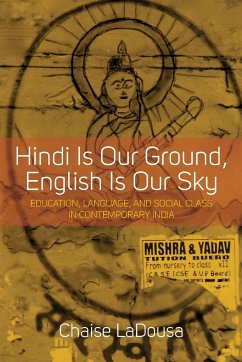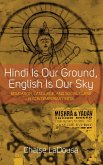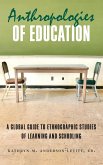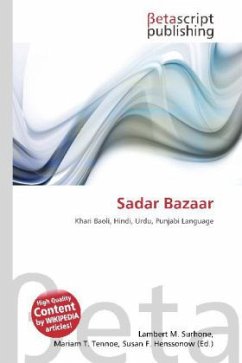A sea change has occurred in the Indian economy in the last three decades, spurring the desire to learn English. Most scholars and media venues have focused on English exclusively for its ties to processes of globalization and the rise of new employment opportunities. The pursuit of class mobility, however, involves Hindi as much as English in the vast Hindi-Belt of northern India. Schools are institutions on which class mobility depends, and they are divided by Hindi and English in the rubric of "medium," the primary language of pedagogy. This book demonstrates that the school division allows for different visions of what it means to belong to the nation and what is central and peripheral in the nation. It also shows how the language-medium division reverberates unevenly and unequally through the nation, and that schools illustrate the tensions brought on by economic liberalization and middle-class status.
Hinweis: Dieser Artikel kann nur an eine deutsche Lieferadresse ausgeliefert werden.
Hinweis: Dieser Artikel kann nur an eine deutsche Lieferadresse ausgeliefert werden.








